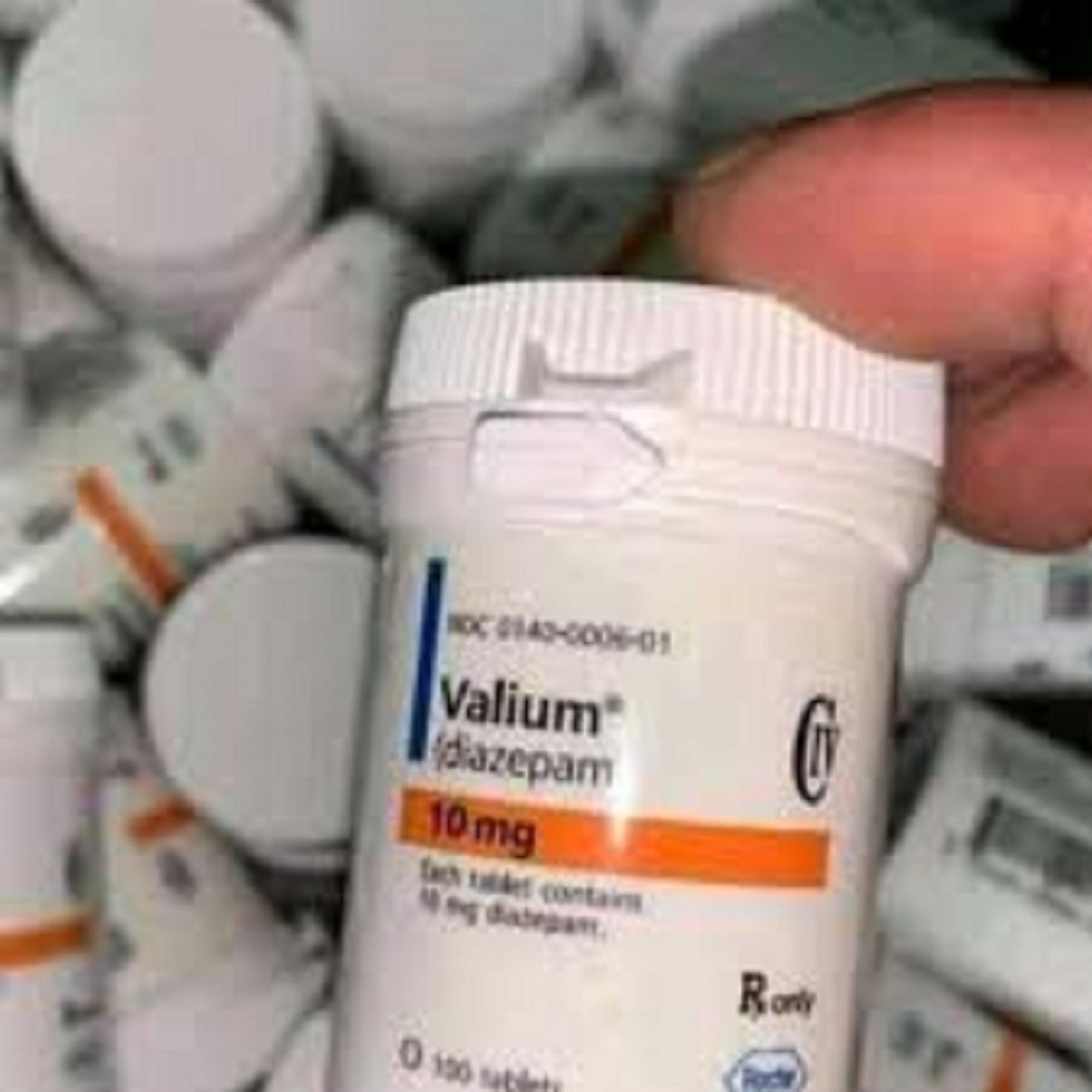Valium, known generically as diazepam, is a medication in the benzodiazepine class used for its sedative, anxiolytic (anxiety-reducing), and muscle-relaxing properties. It is commonly prescribed for a range of conditions, including anxiety, muscle spasms, and certain types of seizures.
Uses
- Anxiety Disorders: Diazepam is used to manage anxiety disorders, including generalized anxiety disorder (GAD) and panic attacks.
- Muscle Spasms: It helps relieve muscle spasms associated with various conditions, such as back pain or muscle injury.
- Seizures: Diazepam can be used as an adjunctive treatment for certain types of seizures and is also used in the acute management of seizure emergencies.
- Alcohol Withdrawal: It can be used to manage symptoms of alcohol withdrawal, such as agitation, tremors, and delirium tremens.
- Sedation: It is sometimes used as a preoperative sedative to calm patients before surgery or procedures.
How It Works
Diazepam works by enhancing the effects of the neurotransmitter gamma-aminobutyric acid (GABA) in the brain. GABA is an inhibitory neurotransmitter that helps reduce nerve activity, leading to its calming effects.
Dosage and Administration
- Forms: Diazepam is available in various forms, including tablets, oral solution, rectal gel, and injectable formulations.
- Dosage: The dosage depends on the condition being treated, the patient’s age, and other factors.
- Anxiety Disorders: Typically 2 mg to 10 mg taken 2 to 4 times daily, as needed. The dose may be adjusted based on individual response and tolerability.
- Muscle Spasms: Usually 2 mg to 10 mg taken 3 to 4 times daily.
- Seizures: Dosage varies based on the specific use and patient condition; higher doses may be used in emergencies.
- Alcohol Withdrawal: Dosage may start at 10 mg, 3 to 4 times daily, with adjustments based on the severity of symptoms.
- Administration: Diazepam should be taken orally with or without food. Rectal gel and injectable forms are used in specific situations as prescribed by a healthcare provider.
Side Effects
Common side effects may include:
- Drowsiness: Can cause sedation or fatigue.
- Dizziness: May affect balance and coordination.
- Muscle Weakness: May lead to muscle weakness or reduced motor function.
- Confusion: Especially in older adults, confusion or impaired cognitive function can occur.
Serious side effects can include:
- Allergic Reactions: Symptoms such as rash, itching, swelling, severe dizziness, or difficulty breathing.
- Respiratory Depression: Can be exacerbated by combining with other CNS depressants, like alcohol or opioids.
- Dependence and Withdrawal: Risk of physical dependence and withdrawal symptoms if used long-term or abruptly discontinued.
- Mood Changes: Possible changes in mood or behavior, including depression or suicidal thoughts.
Warnings and Precautions
- Drug Interactions: Diazepam can interact with other medications, including other benzodiazepines, opioids, antidepressants, and medications affecting liver enzymes. Inform your healthcare provider of all medications you are taking.
- Medical Conditions: Use with caution in individuals with a history of substance abuse, liver or kidney disease, respiratory problems, or certain psychiatric conditions.
- Pregnancy and Breastfeeding: Diazepam should be used during pregnancy only if clearly needed, as it can affect the fetus. It can also pass into breast milk, so breastfeeding mothers should discuss its use with their healthcare provider.
Considerations
- Tolerance and Dependence: Long-term use of diazepam can lead to tolerance (requiring higher doses for the same effect), dependence, and withdrawal symptoms if the medication is abruptly discontinued. It is generally recommended for short-term use or under careful medical supervision for longer periods.
- Safe Storage: Store diazepam securely to prevent misuse or accidental ingestion, especially by children or others for whom it was not prescribed.
Safe Use
- Follow Prescriptions: Use diazepam exactly as prescribed by your healthcare provider. Do not adjust the dosage or frequency without consulting them.
- Avoid Alcohol and Other CNS Depressants: Combining diazepam with alcohol or other central nervous system depressants increases the risk of severe side effects, including respiratory depression and excessive sedation.
Withdrawal
- Discontinuation: If diazepam needs to be discontinued, it should be done gradually under the guidance of a healthcare provider to minimize withdrawal symptoms, which can include seizures, anxiety, and tremors.
If you experience severe side effects, signs of an allergic reaction, or symptoms of overdose (such as extreme drowsiness, confusion, difficulty breathing, or loss of consciousness), seek medical attention immediately. Regular follow-up with your healthcare provider is essential to monitor the medication’s effectiveness and manage any potential side effects.



Reviews
There are no reviews yet.